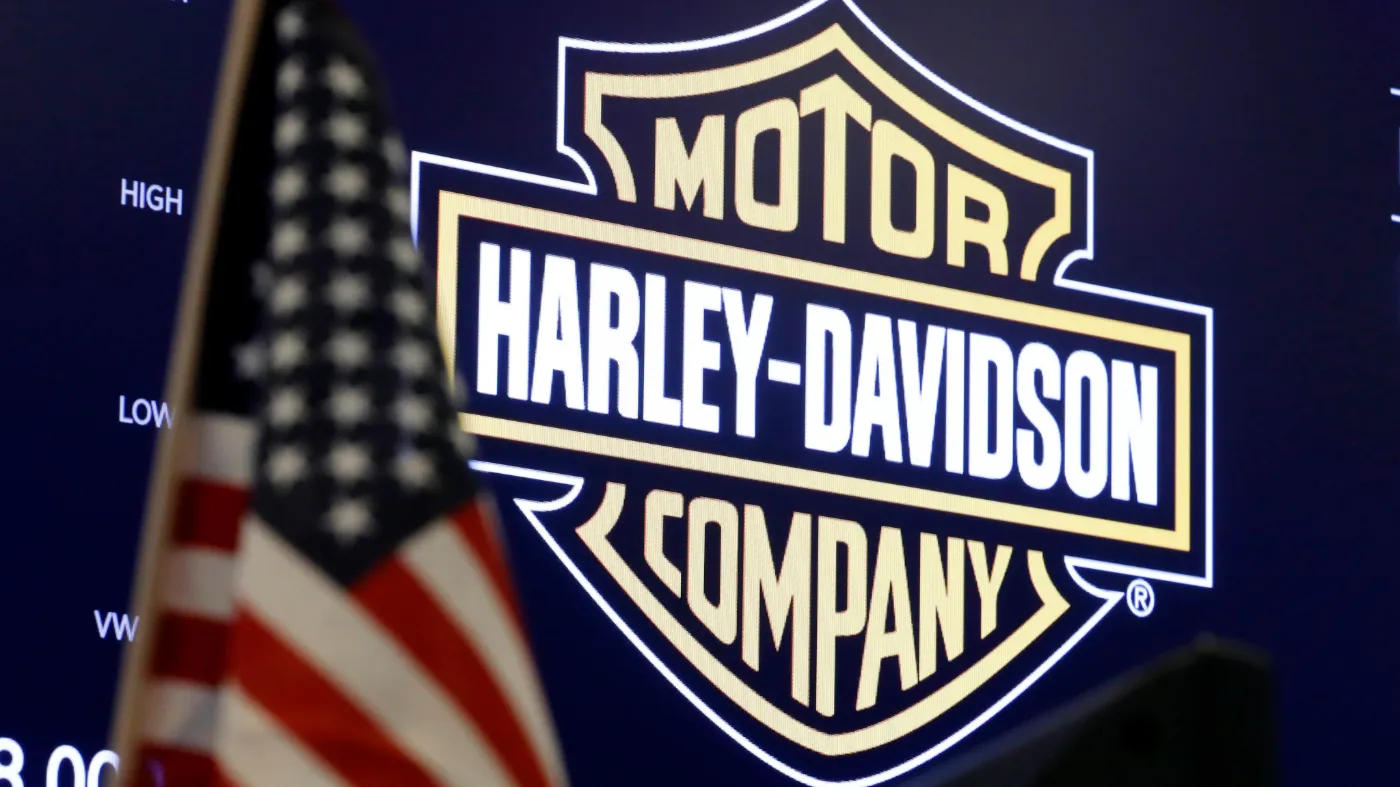Tariff Skipping vs. Export Platforms: The Real Harley-Davidson Manufacturing Tale

Tariff Skipping vs. Export Platforms: Understanding the Harley-Davidson Experience
As former President Donald Trump addresses America's manufacturing revival through tariffs, he misinterprets Harley-Davidson's situation in India. Rather than tariff avoidance, the company's struggles stemmed from unpredictable trade policies that hampered investment and growth. Unraveling the truths behind the iconic brand's international strategies reveals critical lessons for U.S. policy.
The Hindrance of Trade Policy Uncertainty
Harley struggled with India’s unbound most-favored-nation tariff of 100 percent, experiencing significant challenges in operational efficiency. This uncertainty limited their innovation and led to basic manufacturing techniques. By 2021, Harley's operations in India became negligible. Trump’s proposed tariffs could generate even greater instability for U.S. manufacturers.
Successful Strategies Abroad
- In Thailand, Harley has established itself successfully due to numerous trade agreements.
- The country's enforceable provisions on tariffs have created a stable investment climate.
- Harley has benefited from strong market access, diverging from its experiences in India.
The lesson from Harley’s journey emphasizes the importance of fostering export platforms over the simplistic approach of tariff skipping. Understanding such strategies is crucial for America’s economic future and enhancing global competitiveness.
This article was prepared using information from open sources in accordance with the principles of Ethical Policy. The editorial team is not responsible for absolute accuracy, as it relies on data from the sources referenced.